Helium
By Paul Ruta
The tingling will reach her
fingertips one second after taking her
place on the bench—fingertips propelled
by capable wrists and shoulders shaped by yoga
and in that gasp of time between stimulus and
response her brain will push intoxicating
chemistry throughout her body
leap across synapses with electric speed
flow along every fibrous axon
and shoot into every extremity
Even so
it won’t be an earth-shattering sensation
—more like the morning’s first warm
rush of nicotine back
when she used
to smoke
Then she may begin
Any random person would recognize the stimulus for what it is—dots and numbers and symbols
arranged across a page marked by horizontal sets of parallel lines representing 88 possible keys to
press: black ones, white ones and often two or more clustered into some harmonic combination—
but would be at a loss to expound on any meaning beyond that
Such is this language she knows, a language
in which she has become so fluent, a language
she reads and recites without effort, a language
whose brutal visual form she is no longer conscious of, a language
absent of empathy, monochromatic and cold, a language
whose entire poetry is unlocked in the act of interpretation
Clouds
part and sunlight
angles in through a picture window, warming the room
In the silence she hears the click and whirr of air-con and the
descending coolness triggers the fine hairs of her neck and arms
enough to notice but not distract
Hands poised over the keyboard she studies the wrinkled skin of
knuckles appearing like ripples in a pond where a pebble has dropped
but dry and unflowing
Slender fingers lead to the sparkle of blue polish then to
a broken nail, a relic
of the bedroom argument after the concert the night before
Marcel’s callous careless jealous remarks and
the slammed drawer
Focus shifts and she considers
the regimented geometry of ebony and ivory and
the machinations contained within this glistening walrus-like body and
how its internal levers and wires and felt-tipped wooden hammers mimic
parts of her own anatomy
—her fingers ready to engage the enigma machine that cracks the code
Now that she is alone—without
an audience—she may choose to play at any moment
to decorate the empty time with sound
to create a melodic impression of snowflakes tumbling or
the ocean crashing on Cape Breton rocks or
whatever she desires because
the air is hers and
there are no expectations this morning
no curtain to rise or fall
— she decides play is a funny word for it
—makes her think of kindergarten or dialogue from Tom Stoppard
—this is neither of those things
—play is entirely the wrong word but in the end it is only a word
—powerless and of no consequence
She decides this is not the moment to play
She rests hands in her lap and thinks about the number of bones in a human hand
She doesn’t remember how many exactly but she once read that
a quarter of the body’s bones are in the hands
The cat
sensing an opportunity
meows from the doorway
precisely loud enough to distract—a single pianissimo word to the wise
True
she forgot to buy cat food yesterday and vows to pop out to the shops later
The cat
accepting the promise
turns and pads away
While she’s out she’ll pick up fresh salmon and broccoli for their dinner
a chardonnay and
a few lemons to squeeze into her morning water
—the phone will ring shortly after seven
—Marcel will be stuck in meetings
—he’ll grab something out
—she suspects something but doesn’t know what
She’ll scrape Marcel’s salmon into the cat’s dish and the cat will lick it and walk away and she’ll
top up her chardonnay and pull her feet up onto the sofa and wonder again whose heart evaporated
first—hers or his—and she’ll arrive at a different answer as always because there is no answer
For now she regards her favourite sheaf of Chopin
—the piece she keeps for herself and never performs in public—
its worn corners curling against the machine’s mirror black surface
Chopin, who, following a lifetime of ill health and heartbreak, died
at age thirty-nine of pericarditis, a painful and sudden disease
of the heart
Of course he did—
regardless of what kills them an artist always dies from an ailment
of the heart
Chopin’s dots and lines remain unmoved from where
he placed them two hundred years ago
in silence they await another moment when someone
will come along to lift each note from the page and
release them into the air like a bouquet of rising balloons—
perhaps someone with 27 bones
in each hand and helium
in her
fingertips
—
Paul Ruta
Ruta is a Canadian writer now living in London via Toronto, Singapore and Hong Kong. Recent work appears in Reservoir Road, Autofocus, X-R-A-Y and Scrawl Place. He writes for kids under the pen name Andy Spearman and reads prose for Okay Donkey and No Contact magazines. His favorite place in Memphis is lunch at the Four Way. He regularly updates his website, and you can follow him on Twitter and Instagram @paulruta.
